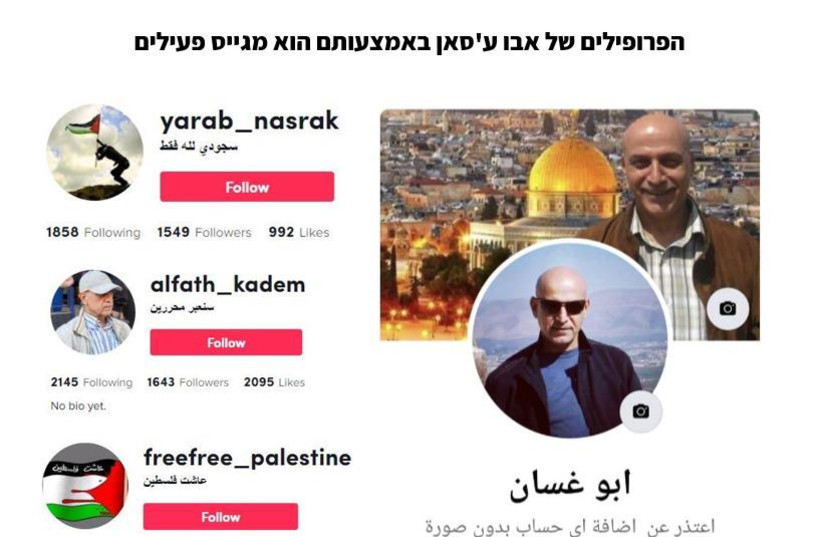As a Jewish American born and raised in Brooklyn, New York, the aftereffects of October 7 have shaken this Democrat’s worldview like a snow globe. Needless to say, the American landscape has witnessed tectonic shifts.
As a secular, nonreligious Jew, the safety and security that I took for granted is no longer a given, and my position in this country seems suspended until further notice. In Israel, you see Hamas’s rockets coming. In America, words and being ostracized are the weapons of choice that you might never even know are being aimed at you.
My perception around the Jewish viability in traditionally liberal and democratic states has unraveled. Not because of the actions of Hamas. Not because of the KKK and the neo-Nazis that began to show their faces. Rather, because of the extremism found in the leftist political movement among even my friends.
Over the course of the last two months, I have had non-Jewish friends share social media content that condones and approves of the actions Hamas took against the civilian population in Israel on October 7 (on TikTok of course).
Other friends have shared content explicitly saying that being Jewish is no excuse to support Israel and to do so is to be a white supremacist.

Are those my only options? I can either turn my back on my nation or be dubbed a white supremacist? This is antithetical to everything about me but is the self-evident truth that white supremacists do not want Jewish people either.
How to react to the complexity
Different friends shared content weaponizing the Holocaust against the Jewish community. Do they know that I am the grandchild of four Holocaust survivors who were starved, tortured and their families murdered? Do they imagine that coming from that familial lineage will ever become an emotional experience that feels “long ago”? Hearing the word Holocaust come out of a friend’s mouth as a tool against my nation will never be less shocking.
Tolerance and inclusivity have always been aligned to my values and ideological leanings. When I witnessed the political Left advocating for rights of other minority communities that made sense with my outlook of the world.
Unbeknownst to me, was the framework through which this movement took action based upon the foundation of splitting the world into the binary of oppressed and the oppressors. In that ideology, the human race is comprised of those for whom it is worth advocating and those who need to be fought against; their malevolent intentions were reigned in through the social media likes of social activists, social workers, and college students.
The world is seen as divided in a game of color war with teams being labeled red or blue; each side discerning and identifying the “good guys” and the “bad guys.” We’ll split the difference later.
RETURNING TO just three days after the horrific attacks on Israel, a friend of mine posted that she would be praying for the Israelis and Palestinians despite years of apartheid and occupation. The post was a sucker punch.
How can you label babies and children as occupiers and followers of apartheid? Imagine the extent of how far you have dehumanized a group of people (yet still seek to simultaneously maintain virtue signaling) to pray for those you’ve deemed as child occupiers.
To be a liberal Jew that is accepted by the Anti-Zionist movement, dialectical thinking would not be enough; it would not be enough to think critically of the Israeli government’s actions like I would for the American government as a voting citizen. For Israel, I would need to disavow the Jewish nation; stand against my friends and family living there.
This is an impossible position to be a Jew born in America as a Millenial.
Moreover, friends use language around the Holocaust to attack the Jewish community highlighting the willingness to utilize “by any means necessary” through language. People who would be rightfully dismayed by the microaggression of “All Lives Matter” and the presence of confederate flags are seemingly comfortable marching with a group waving swastikas.
I know that the Nazis and KKK are not with me. But, in seeing friends complicit in turning you into an object, an ideology, and a monolith, you become concerned for the future of Jewry in the Diaspora. In real time, you see their perception of you as an individual dissipate. You are no longer Alyssa but a Zionist. You are no longer a friend but someone who stands against all that is good and right in this world, as though you couldn’t possibly care about Palestinian lives and Israeli lives at the same time.
We have laughed together, broken bread together, and shared spaces together. Yet, I can be brushed aside or stepped on as you fight for your side of the binary while receiving validation and accolades from the leftist echo chamber of agreement.
How can you ask me to pick between humanity for my own nation and humanity for another nation?
I have learned about the many groups who have dehumanized the Jewish people throughout time. How do you prepare for the day that your own friends have done the same?
The writer is a Jewish American millennial born and raised in Brooklyn, New York. She is the proud grandchild of four Holocaust survivors. When not advocating for mental health and the Jewish community, you can find her playing guitar, making memes, and spending time in nature.
